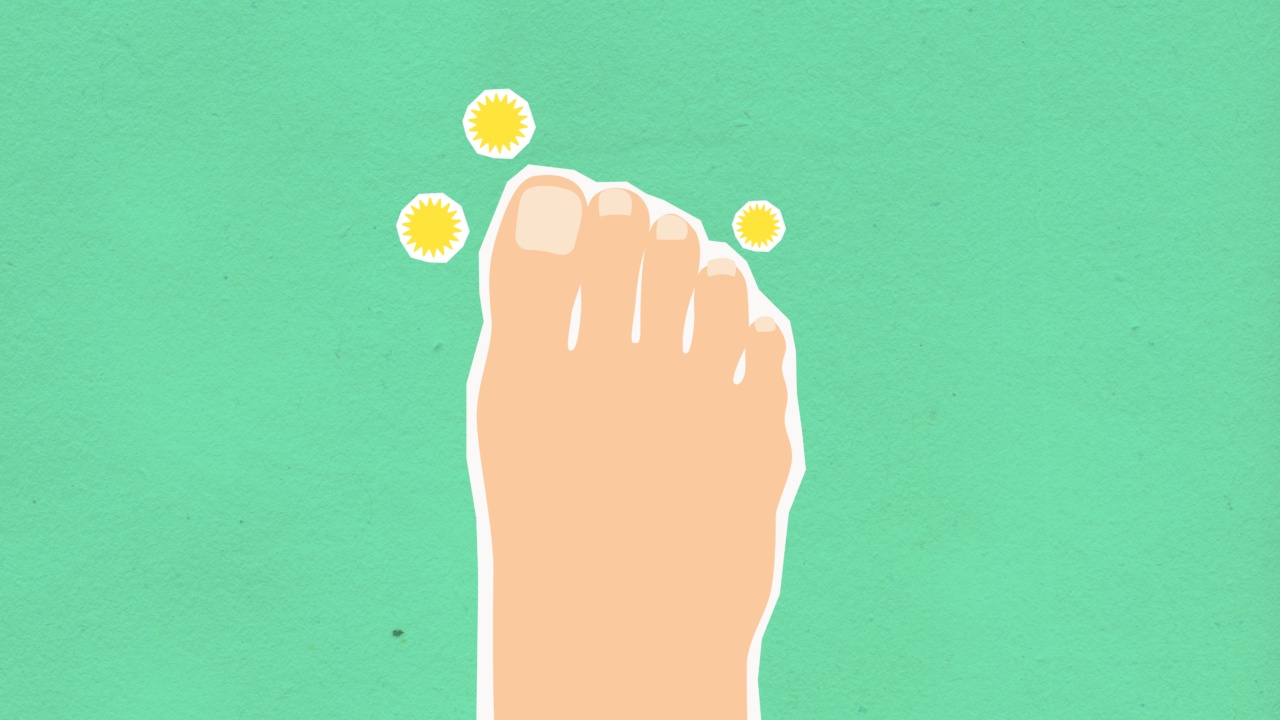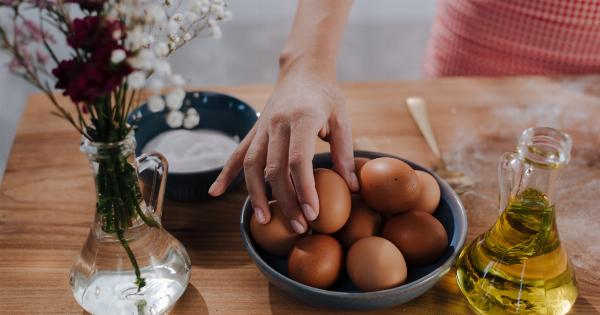Dealing with a fungal nail infection can be frustrating and uncomfortable. Fortunately, there are several natural remedies that can help clear up the infection and promote healthier nails.
In this article, we will explore ten effective natural cures for fungal nail infections.
1. Tea Tree Oil
Tea tree oil is well-known for its antifungal and antibacterial properties. Applying tea tree oil directly to the affected nails can help kill the fungus and prevent its growth.
Simply mix a few drops of tea tree oil with a carrier oil, such as coconut oil, and apply it to the nails using a cotton pad. Repeat this process twice daily until the infection improves.
2. Apple Cider Vinegar
Apple cider vinegar is a natural acidic substance that can create an inhospitable environment for fungal growth. Soaking the affected nails in a mixture of equal parts apple cider vinegar and warm water for 15-20 minutes daily can help kill the fungus.
After soaking, thoroughly dry the nails to prevent moisture buildup, which can contribute to fungal growth.
3. Garlic
Garlic has natural antifungal properties that can be effective against nail infections. Crush a few garlic cloves and create a paste by mixing them with olive oil. Apply the paste to the affected nails and cover them with a bandage.
Leave it on for a few hours before rinsing it off. Repeat this process daily until the infection clears up.
4. Oregano Oil
Oregano oil contains a compound called carvacrol, which has antifungal properties. Mix a few drops of oregano oil with a carrier oil and apply it to the affected nails. Leave it on for 30 minutes before rinsing it off.
Repeat this process twice daily until the infection improves.
5. Coconut Oil
Coconut oil has both antifungal and moisturizing properties, making it an excellent natural remedy for fungal nail infections. Apply coconut oil directly to the affected nails and massage it in gently.
Leave it on for at least 30 minutes before rinsing it off. Repeat this process several times a day for best results.
6. Baking Soda
Baking soda has the ability to neutralize the pH levels around the affected nails, creating an unfavorable environment for fungal growth. Create a paste by mixing baking soda with water and apply it to the nails.
Leave it on for 10-15 minutes before rinsing it off. Repeat this process once daily until the infection clears up.
7. Vinegar Soak
Vinegar, particularly white vinegar, can help fight off fungal infections due to its acidic nature. Mix equal parts vinegar and warm water in a basin and soak the affected nails for 15-20 minutes daily.
After soaking, thoroughly dry the nails and apply moisturizer to prevent dryness. Repeat this process until the infection improves.
8. Lavender Oil
Lavender oil is known for its soothing properties and can help relieve the discomfort caused by fungal nail infections. Mix a few drops of lavender oil with a carrier oil and apply it to the affected nails.
Massage it in gently and leave it on for a few hours or overnight. Repeat this process daily until the infection clears up.
9. Lemon Juice
Lemon juice has acidic properties that can create an unfavorable environment for fungal growth. Squeeze fresh lemon juice and apply it to the affected nails using a cotton pad. Let it sit for 30 minutes before rinsing it off.
Repeat this process twice daily until the infection improves.
10. Probiotics
Probiotics help restore the balance of good bacteria in your body, which can help fight off fungal infections. Increase your intake of probiotic-rich foods like yogurt, kefir, and sauerkraut.
You can also take probiotic supplements, but consult with a healthcare professional before starting any new supplement regimen.































